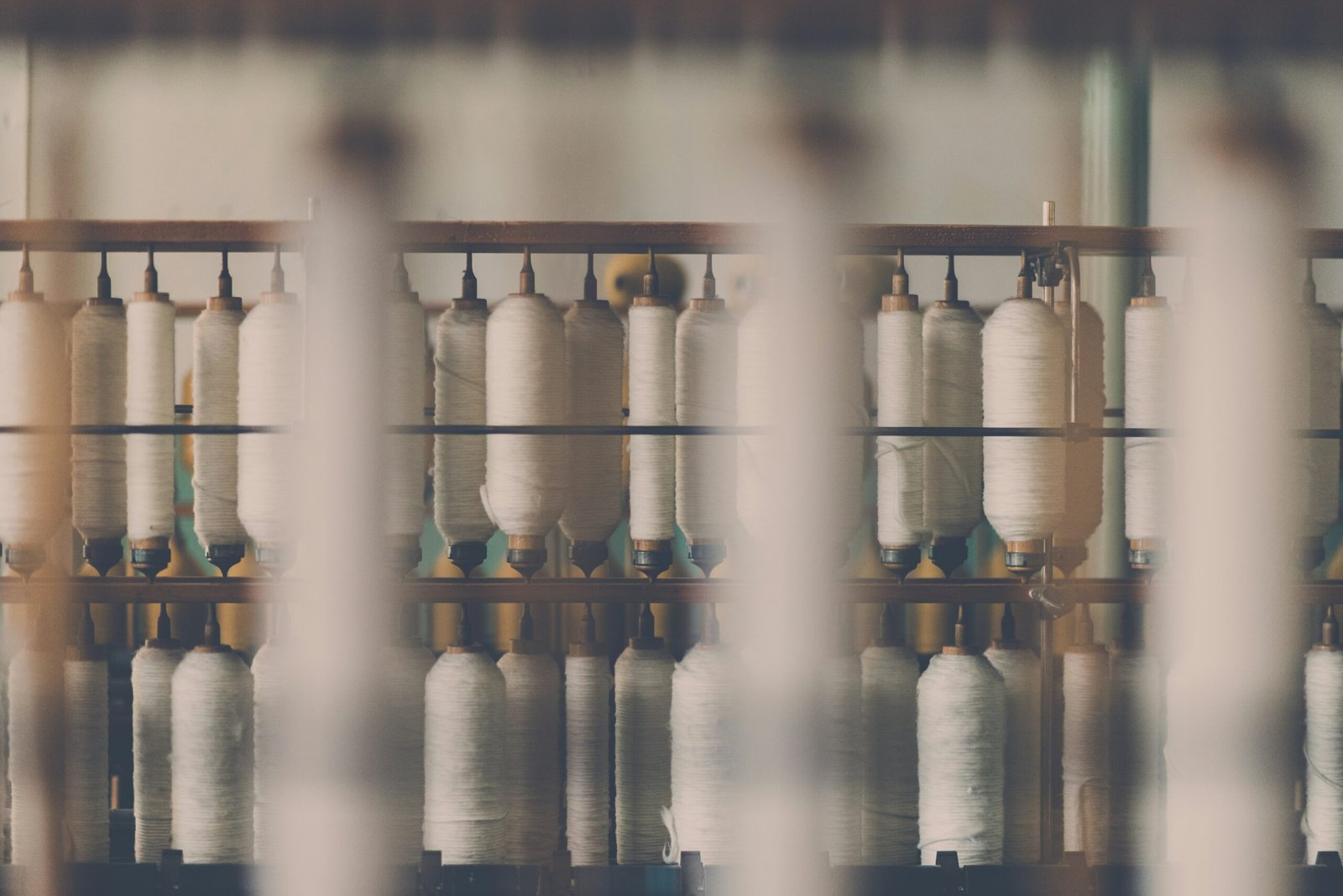As we enter into 2024, the textile industry has experienced significant transformations driven by innovation and sustainability. Technological advancements and a growing focus on environmental and social responsibility have paved the way for a new era of growth and progress.
One of the prominent trends in recent years is the adoption of advanced materials and sustainable fibers. Companies are shifting their attention towards eco-friendly options like organic cotton, bamboo, and recycled polyester. This shift not only meets the rising consumer demand for sustainable products but also helps reduce the negative impact of textile production on the environment.
Another noteworthy development is the rise of 3D printing in the textile industry. This technology enables the creation of intricate and complex designs that were previously impossible with traditional manufacturing methods. Collaborations between fashion designers and technology companies are making 3D printing more accessible, allowing for the production of customizable garments and accessories.
In addition to sustainable materials and 3D printing, automation and robotics have gained prominence in the textile industry. Automation advancements have led to the development of computerized knitting machines capable of producing intricate patterns and designs with precision and speed. This technology has improved production efficiency, reduced errors, and shortened the time required to bring new products to market.
Artificial intelligence (AI) and augmented reality (AR) are also transforming the textile industry. AI optimizes production processes, from forecasting textile demand to managing inventory and supply chain efficiency. AR revolutionizes retail by offering virtual try-ons for clothing and creating interactive shopping experiences for consumers.
The future of the textile industry also revolves around social and environmental responsibility. Companies are acknowledging the significant ethical and social issues associated with textile production, such as child labor, poor working conditions, and the need for fair wages. Brands are partnering with suppliers to improve working conditions and ensure ethical production practices.
In conclusion, the textile industry in 2024 is a rapidly evolving field that embraces innovation and sustainability. Advanced materials, robotics, automation, 3D printing, and AI are revolutionizing the industry and creating new growth opportunities. Companies are increasingly prioritizing ethical and social responsibility, ensuring that their products are produced in a more sustainable and responsible manner. Despite challenges, this era of innovation and sustainability holds great promise for the textile industry and its stakeholders.

